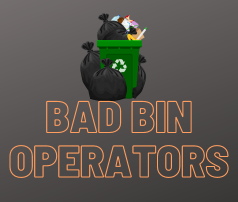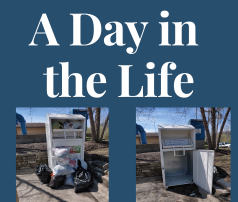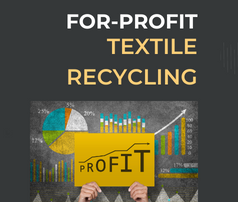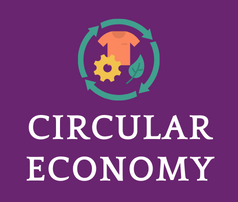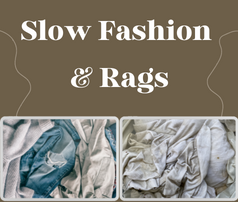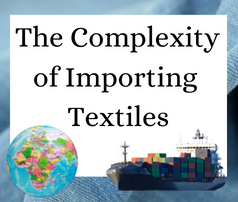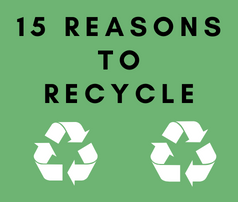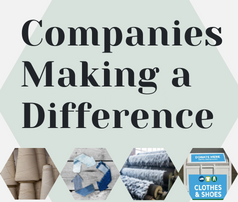 Recycling
Recycling

At Chicago Textile Recycling, we are always interested in new ways of recycling textiles and closing the loop to reduce textile waste. Along the way, we have come across numerous companies making large strides to help close this gap and aid in reducing textile waste and/or pursue new technologies to recycle textiles. Here are several companies of many we have found and why they are essential to this environmental pursuit.
Circ
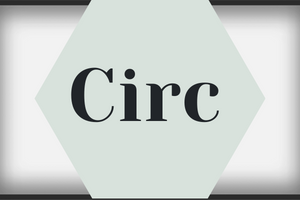
One company working to recycle polyester and cotton fabric is Circ, based in Danville, Virginia and founded by Peter Majeranowski and Conor Hartman.
“The duo have been working on refining this recycling process which would enable them to not only recover the polyester, but also the cotton, and in a manner that would keep the integrity of the fibers intact,” says Hartman. This is the key distinction in their innovation, he adds. Breaking down polyester to its monomers results in a high-quality cotton cellulose, Majeranowski explains, which can serve as a replacement for tree pulp (needed to make cellulosic fibers like lyocell, rayon/viscose, modal).”
For understanding how they use this cellulose, check out their website.
Evrnu
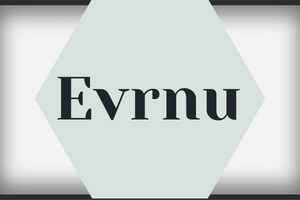
Another company helping to close the loop is Evrnu,
“the inventor and intellectual property owner of a wide range of regenerative fiber technologies, which enable entirely new products to be made from discarded clothing, not just once but multiple times. Products made with NuCycl by Evrnu can be disassembled to the molecular level and regenerated multiple times into new clothing, home and industrial textiles with extraordinary performance and environmental advantages. The technology uses repolymerization to convert the original fiber molecules into new high performing renewable fibers. Even the toughest type of textile waste – 100% post-consumer – can be turned into new materials with NuCycl.”
Founded by Stacy Flynn and Christopher Stanev, Evrnu is committed to changing the future of textiles with recycling technologies.
Renewcell
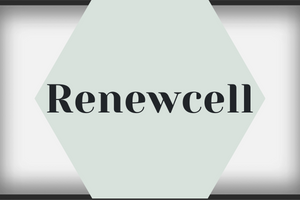
Renewcell, a technology company founded in 2012 and based in Stockholm, desires to close the loop for textiles:
“Our recycling technology dissolves used cotton and other cellulose fibers and transforms them into a new, biodegradable raw material: Circulose® pulp. Our customers use it to make biodegradable virgin quality viscose or lyocell textile fibers. This is the link that has been missing from the cycle. We close the loop.”
What exactly is circulose? “Circulose® is a branded ‘dissolving pulp’ product that Renewcell makes from 100% textile waste such as worn-out jeans and production scraps.” Two years after being founded, a model walked the runway wearing a yellow dress created from Renewcell’s technology using recycled blue jeans. As demand grows, Renewcell is building relationships with and creating recycled garments for numerous clothing companies.
Worn Again
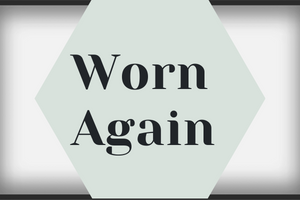
With multiple companies working toward recycling polyester and cotton textiles, Worn Again is taking up the challenge to recycle polyester blends, one of the harder fabrics to separate for recycling.
“We are focussed on solving the challenging issue of converting polyester and polycotton blended textiles, and PET plastic, at their end of use, back into circular raw materials. Our advanced recycling technology is able to separate, decontaminate and extract polyester and cellulose (from cotton) from non-reusable textiles and polyester bottles and packaging to produce dual PET and cellulose outputs, therefore putting sustainable resources back into production supply chains.”
The process used by Worn Again “allows these materials to go back into manufacturing, moving away from linear supply chain to a circular system.”
Sustainable Composites
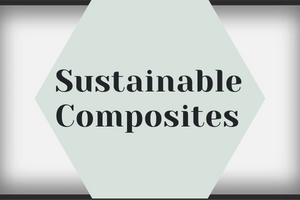
All of the companies we have mentioned so far aim to recycle cotton and polyester fabrics, but Sustainable Composites focuses on recycling a different material – leather.
“Up to 75% of traditional leather is unused and is often disposed of by being sent to landfill or incineration. Sustainable Composites LLC has developed a patented, totally unique, technically advanced material made from leather waste which changes the environmental landscape for leather products. It is a new application of fiber technology, using only leather fiber derived from waste leather, to produce a responsible product with the attributes only previously available with traditional leather.”
On their website, Sustainable Composites states that “Up to 75% of traditional leather is unused and is often disposed of by being sent to landfill or incineration.” This company is working to change that by recycling leather waste and making durable and quality products made to last.
BlockTexx
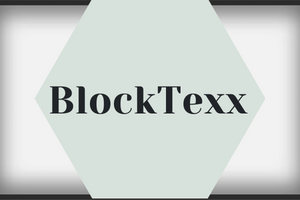
Though textile to textile recycling is pursued by many companies, BlockTexx recycles textiles and turns them into other products as well, such as packaging and building products in addition to textiles. Some of the end products are even used in pharmaceutical and food industries.
“BlockTexx owns proprietary technology that separates polyester and cotton materials such as clothes, sheets and towels of any colour or condition back into their high value raw materials of PET and Cellulose for reuse as new products for all industries. The recovered PET is polymerised to create virgin-quality S.O.F.T. branded rPET plastic pellets and polyester fibre suitable for use in textiles, packaging, building products. The recovered cellulose is processed to create S.O.F.T. branded cellulose powder for use in many industries such as textile, pharmaceutical and food.”
Fabscrap
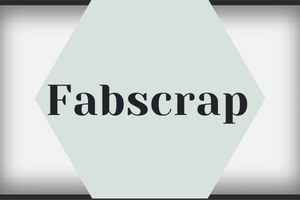
Also working to close the loop is one company we’ve posted about before, Fabscrap. Based in New York City, this company collects primarily pre-consumer waste from designers, organizes it and offers it for purchase to design students or anyone else interested in creating textile products from the fabric. For donated fabric that can’t be reused, Fabscrap
“can shred any fabric of any blend, as long as there’s no spandex in it. The result is fluffy fiber pulp called shoddy that is used in many things: insulation, carpet padding, mattress stuffing, moving blankets, even refrigerated meal delivery boxes. So this is not technically recycling—it’s substantially extending the life of fibers.”
As more designers have learned about this great company, it has expanded to a second location in Philadelphia, as well as now offering an online presence. “For other waste—fabrics and even materials such as scrap leather—we redistribute or resell. We have fabric thrift stores in our warehouses, including now in Philadelphia, that are open to the public, plus an online store.”
Weturn
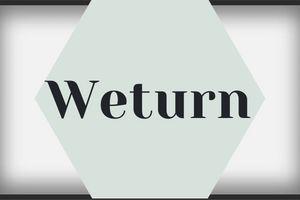
Lastly, Weturn, based in France, recycles unused pre-consumer textiles back into yarn to be reused for creating new textiles. “Our job is to recycle unsold textiles from fashion houses into new quality yarn with a focus on traceability, profitability and information.” This company offers something slightly different from those previously mentioned. Companies that donate textiles can trace the process Weturn uses from start to finish, including the sale of recycled yarn, profiting from their donations of unused pre-consumer textiles.
So Many More
These eight companies devoted to textile recycling and closing the loop are only a small sampling of the many companies in the world devoted to this pursuit. We are hopeful at Chicago Textile Recycling that as more and more people recognize the need for textile recycling and creating textiles more sustainably, the day will come soon when the problem of textile waste will be a thing of the past.
